Transporting delicate tools and equipment can be a daunting task for specialised technical professionals. Whether you're a telecommunications engineer, electrician, or IT technician, the fear of equipment damage is ever-present. To help mitigate these concerns, we've compiled essential tips on choosing the right protective cases and ensuring your tools remain intact, regardless of the journey ahead.
.png?width=809&height=423&name=1200%20x%20628%20px%20-%20%20(33).png)
How to Ensure Your Delicate Tools are Protected During Transportation
When transporting sensitive equipment, the key is to select a case that offers robust protection against physical damage. Peli cases are renowned for their durability, featuring copolymer polypropylene construction, which is stronger and lighter than traditional materials. Their double-walled construction and reinforced corners provide extra protection, absorbing shocks and impacts during transit. Additionally, Peli’s advanced case solutions incorporate cushioning materials like shock-absorbing foam and elastomeric shock mounts, which secure equipment firmly in place, preventing movement that can lead to damage.
Essential Features to Safeguard Against Environmental Factors
Environmental factors such as water, dust, and extreme temperatures pose significant threats to delicate tools. Peli cases are designed with these challenges in mind. Look for cases that offer:
- Water and Dust Resistance: Many Peli cases come with an IP67 rating, ensuring they are both water and dust resistant. This is crucial for maintaining the integrity of your tools in harsh conditions.
- Temperature Control: Cases made from high-performance resin materials can withstand a broad range of temperatures, ensuring your equipment remains unaffected by external climate variations.
- Pressure Relief Valves: These valves equalise pressure differences, preventing vacuum locks and maintaining the case’s seal integrity during altitude changes.
Customisable Options for Specific Equipment Needs
One size does not fit all when it comes to technical equipment. Peli offers extensive customisation options through their "Pick N' Pluck" foam and CAD-based custom case solutions. This allows you to create a tailored interior that fits your tools perfectly, minimising movement and maximising protection. You can also opt for custom metal and foam protection, ensuring that even the most sensitive components are secure.
Best Materials for Protective Cases
The choice of materials is crucial in determining the protective capability of a case. Peli cases utilise proprietary polyethylene formulas, achieving an optimal balance of lightweight, panel rigidity, and durability. For extra protection, cases may include:
- Elastomeric Shock Mounts: Isolate vibrations and shocks from sensitive equipment.
- Reinforced Polymer Corners and Edges: Add strength where it is needed most, reducing the risk of damage from drops and impacts.
- O-Ring Gaskets: Ensure watertight seals, protecting against moisture ingress.
Comparing Peli Cases to Other Brands
When it comes to protecting delicate technical equipment, Peli stands out due to its commitment to quality and innovation. Here’s how Peli compares:
- Durability: Peli cases are built to endure extreme conditions, from military deployments to industrial environments. Their robust construction and rigorous testing protocols ensure they perform under the most demanding circumstances.
- Customisability: Few brands offer the level of customisation available with Peli. This flexibility allows professionals to adapt cases precisely to their needs.
- Innovation: With features like automatic pressure equalisation valves and modular storage options, Peli consistently leads the market in case design.
In conclusion, specialised technical professionals can significantly reduce the risk of equipment damage by investing in high-quality protective cases. Peli offers a range of solutions tailored to meet these needs, ensuring your tools remain safe, secure, and ready for use, no matter where your work takes you.
For more information, visit: WWW.PELI.COM




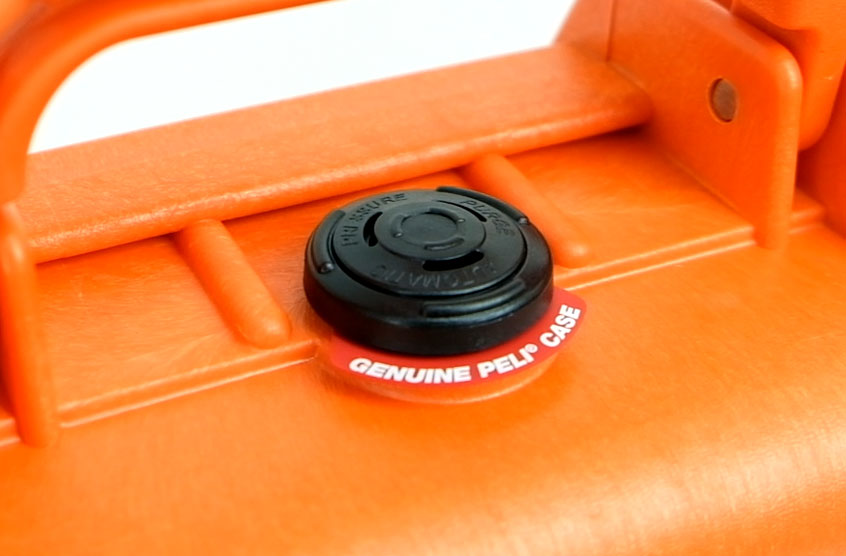
.png)






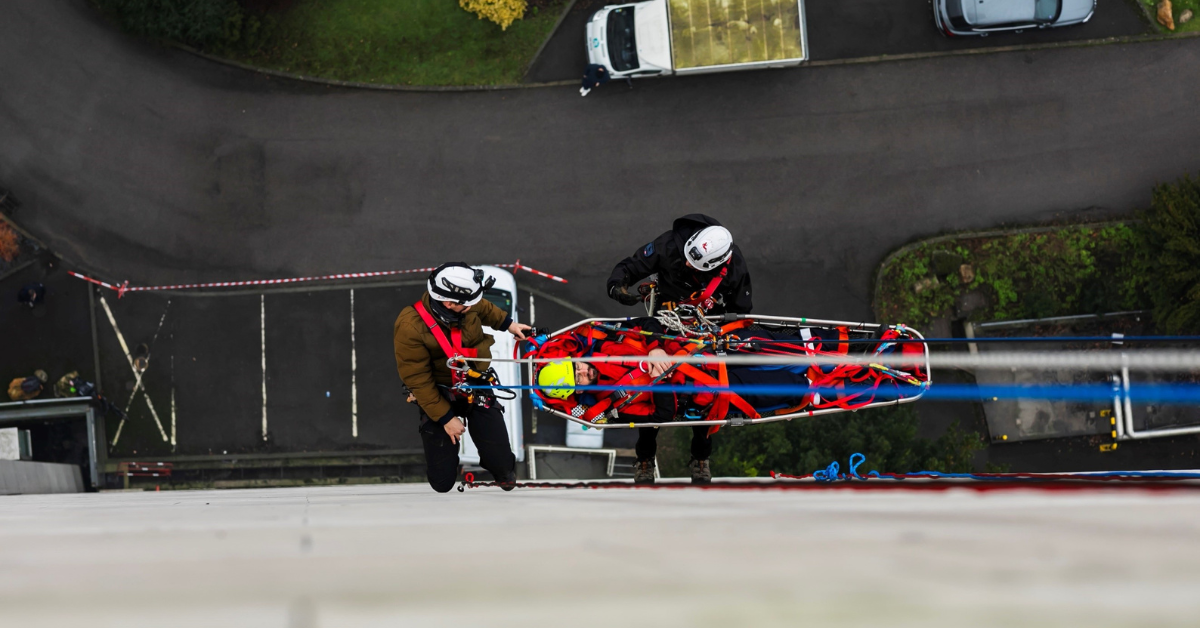
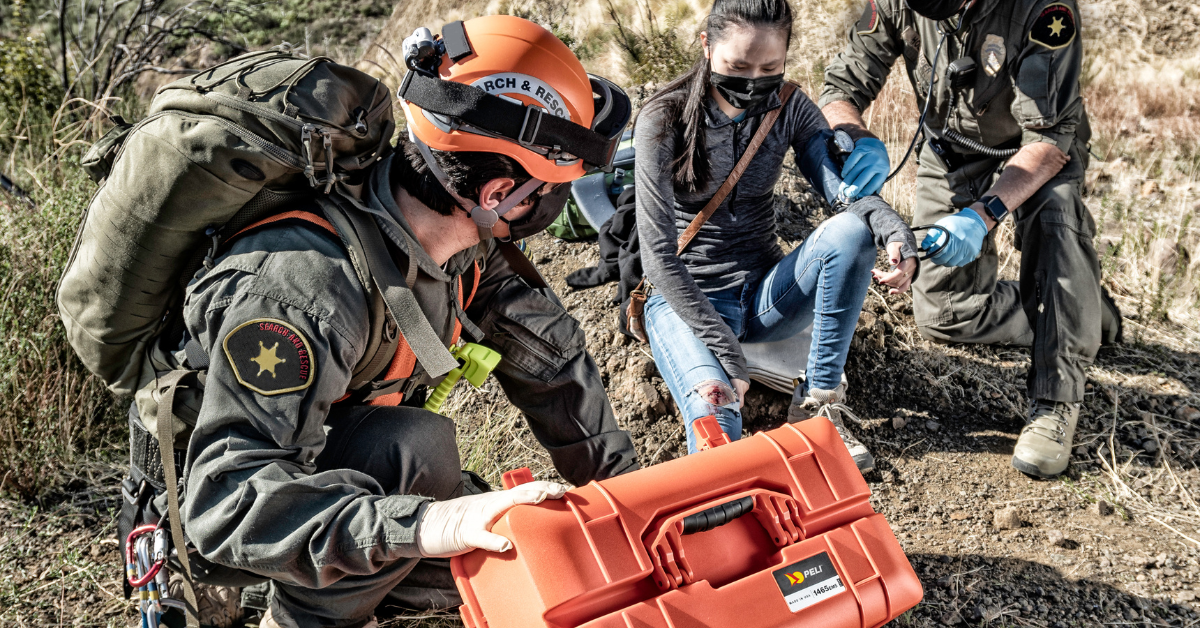
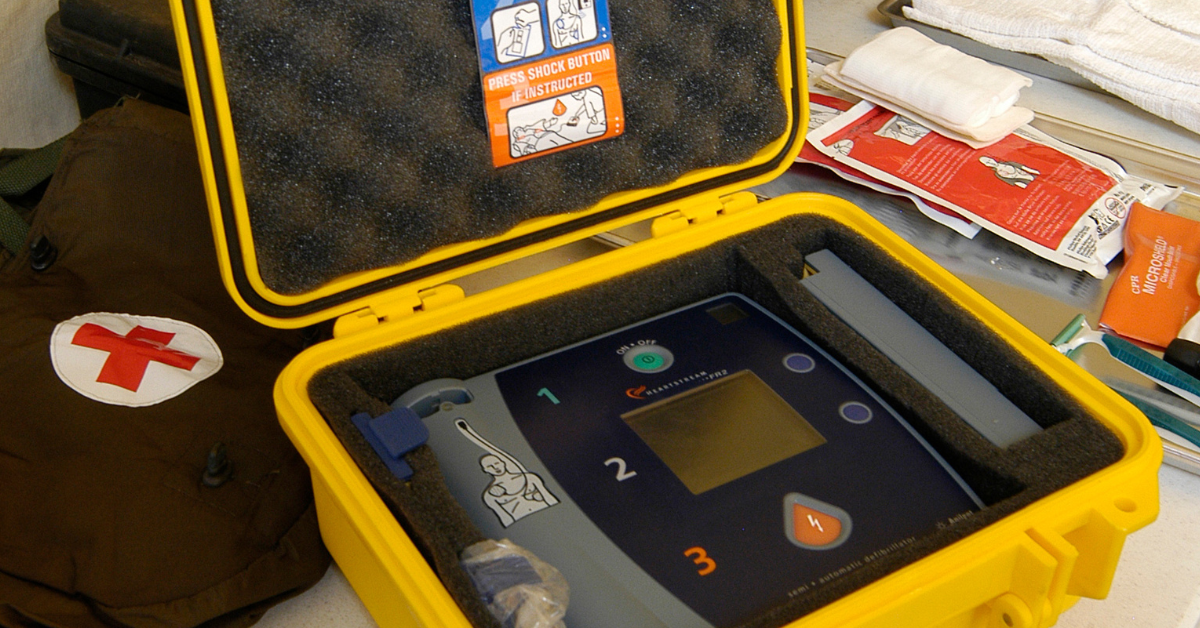
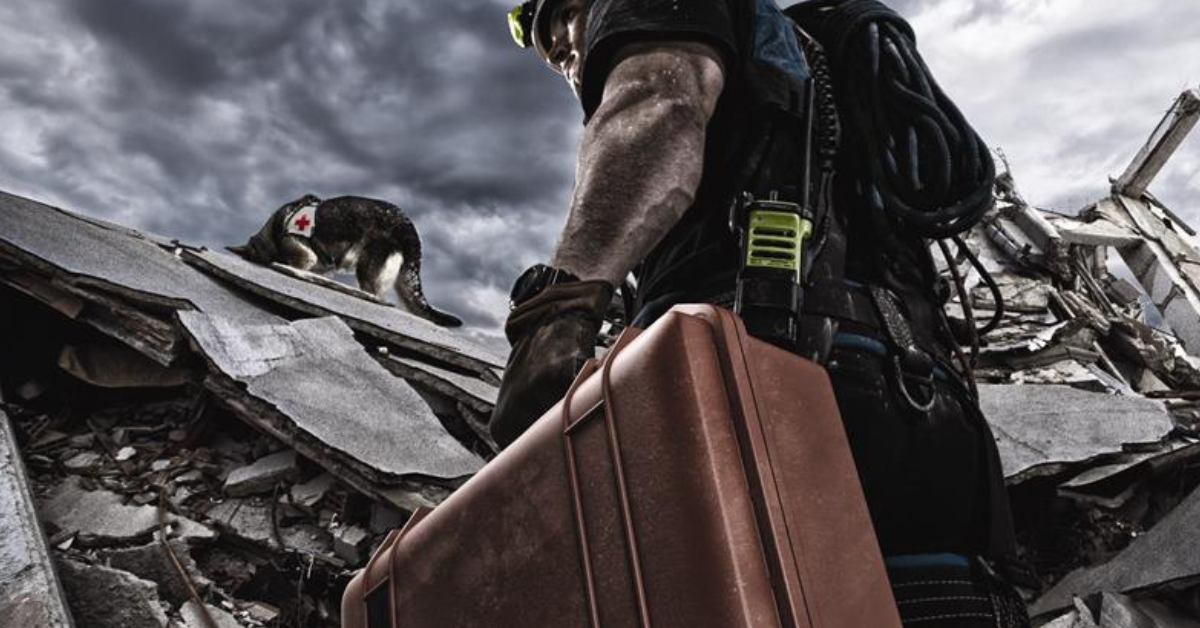


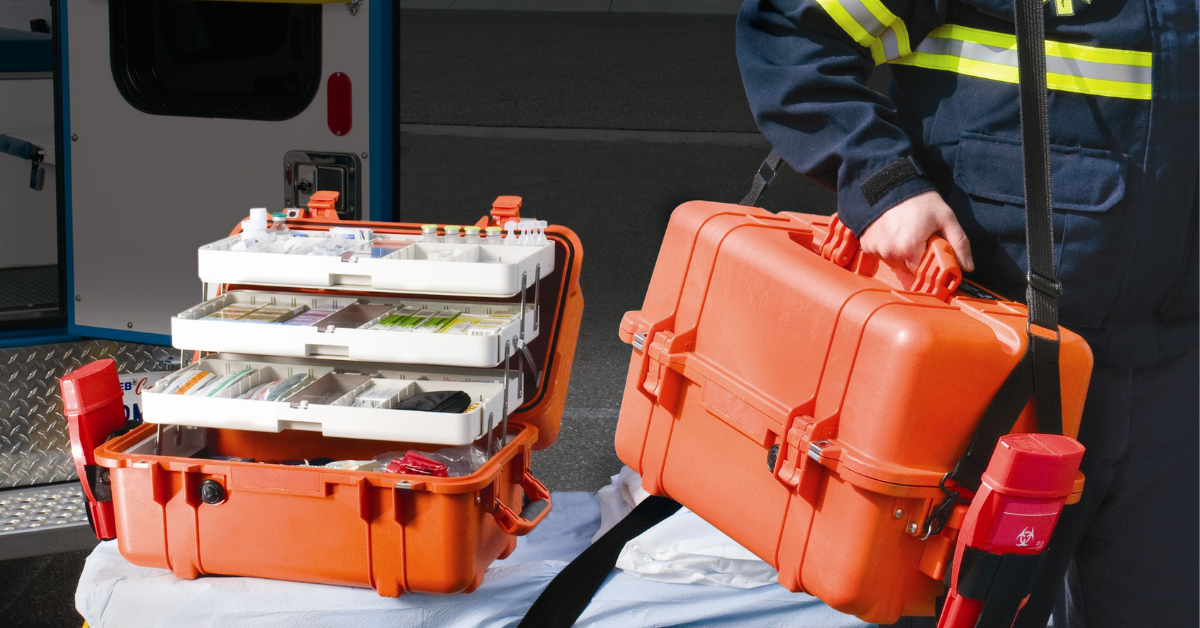


Post a comment